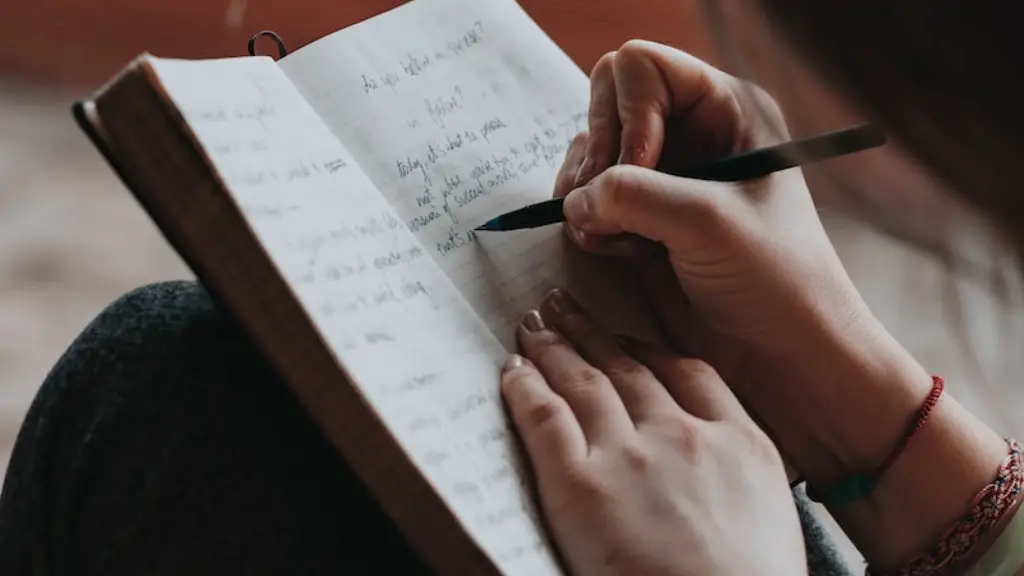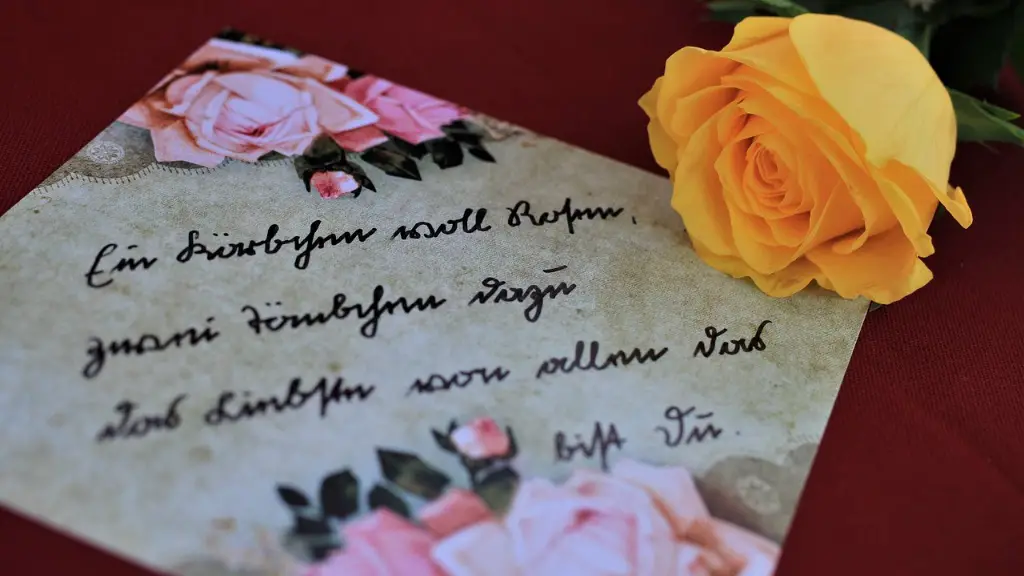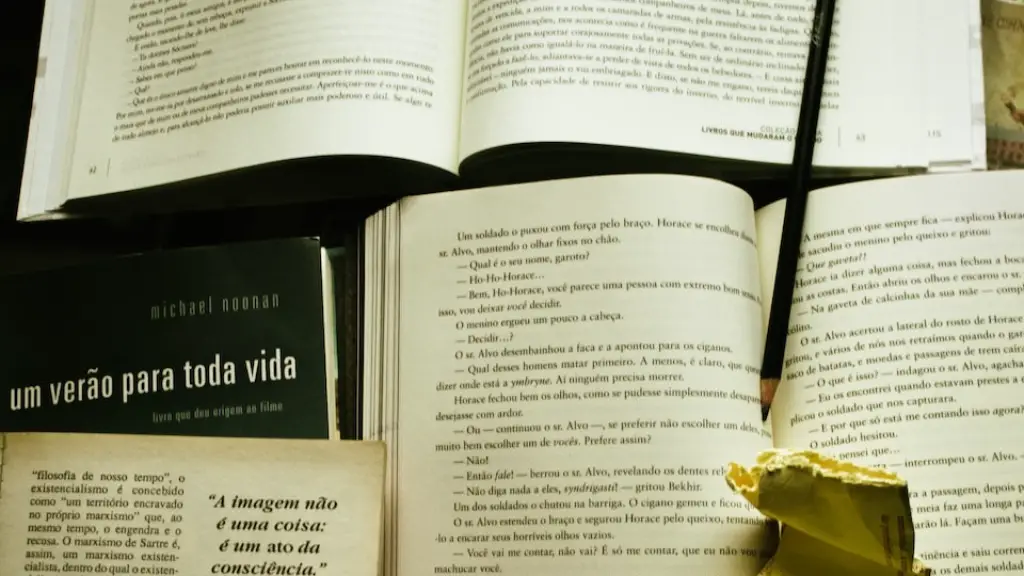How to Read Spoken Word Poetry
In its simplest form, spoken word poetry is poetry that is written to be interpreted and performed out loud. But, there is much more to spoken word poetry than just reading the words aloud. It is an art form that relies on the reading of the poem as well as the performer’s delivery of the words. If you are looking to learn how to read and interpret spoken word poetry, here are some tips on how to make the most of the experience.
The first step to understanding spoken word poetry is to read the poem aloud. Reading a poem aloud is not just about intoning the words correctly. It is also about the interpretation of the poem and how the words make you feel; what emotions they evoke. As you read the poem, think about how the words make you feel and how they can be interpreted in a deeper sense. When reading a poem out loud, try to create a rhythm, or find the flow of the poem. This will help you capture the emotion and feeling of the poem.
When reading spoken word poetry, it is important to pay attention to the author’s word choice. Poets often choose words that hold deeper meanings. It is important to not just read the words but read into the words and think about the emotions and feelings behind them. Pay attention to the images, metaphors, and symbols used in the poem. While the literal meaning of the poem is important, be sure to consider what the poet is trying to convey with their words and the meanings beyond the literal.
Another important element of reading spoken word poetry is projection. This can be defined as the performer’s use of volume, tone and pitch to emphasize the words. Projection helps create an atmosphere that conveys the emotions of the poem. You can use louder volumes or softer volume depending on the mood of the poem and use this to add feeling and emphasis to key words and phrases in the poem. You can also use pitch to emphasize the words and create a rhythm or flow in the poem.
Lastly, it is important to practice and be confident when reading spoken word poetry. You can rehearse the poem before-hand to gain familiarity with the words and understand what you will be reading. This can help you perform the poem better and get a deeper understanding of the poem. It is also important to be confident in your delivery of the poem and to have a conviction when speaking the words. This will help to create an atmosphere and bring emotion to the poem.
Tips on How to Memorize a Spoken Word Poem
Memorizing a spoken word poem can seem daunting, but there are some useful tips that can make the process easier. One tip for memorization is to break the poem down into smaller bits. Grouping the poem into stanzas or lines can make it easier to remember each section. You can also break down each line further by breaking the line into words or even syllables. Practicing each section one at a time can make memorization easier.
Creating visuals when memorizing is also a great approach to take. You can try to draw out the images and emotions of the poem, creating visuals in your head as you go. This can help you connect the words to a scene or vision, making it easier to remember the poem. You can also create mnemonics and associations when memorizing a poem to make it easier to recall. This can help you remember the poem more easily and bring more emotion to your delivery.
Another tip would be practice and repetition. When memorizing a poem, it is important to practice and repeat the words. This can help you get familiar with the words and understand them better. You can do this by wearing the poem, having it on in the background or even reading the words out loud. Doing this regularly will help you commit the words to memory, making the delivery smoother.
Getting feedback is also important when memorizing a spoken word poem. You can get feedback from a friend or mentor and get advice on how to make your delivery smoother. This can help you work on any areas where you’re unsure and become more confident in your delivery. With these tips and practices, you will be on your way to memorizing and performing any spoken word poem.
Tips for Writing Your Own Spoken Word Poem
Writing your own spoken word poem can be a powerful and meaningful experience. Writing a poem is different from writing prose and there are some things to consider when creating your own poem. It is important to have a clear idea of what you want to say and focus on this throughout your writing. Focus on one theme or idea and be sure to build on this throughout the poem.
Word choice is also important when writing a spoken word poem; as they often need to be interpreted. Poems are often written in a way that gives deeper meaning to the words and phrases. Make sure to know the meaning of each word and think of ways to use words to create a specific mood or image. Figurative language can also be used to give the poem more emotion, such as metaphors and similes.
You should also consider the structure of the poem when writing. A poem should have a clear beginning, middle, and end. You can use different structures such as a sonnet or haiku, but there are also more modern approaches like free verse. Each structure can help you create a specific atmosphere and help you build your poem from beginning to end.
Lastly, it is important to practice and refine your poem. Practice and refine your words to give it a better flow and emotion. You can also use feedback from those around you, who can give insightful advice on how to make the poem more powerful. With practice and dedication, you can write a powerful and meaningful spoken word poem.
Tips on How to Perform Spoken Word with Pause and Emphasis
The use of pause and emphasis can add meaning and emotion to your performance of a spoken word poem. Knowing where to put pauses and when to emphasize certain words can help create an atmosphere and bring the poem to life. The use of pauses can give weight to the words and leave a lasting impression on the audience. This can also be important when it comes to conveying the emotions and feelings of the poem.
Finding where to pause can be difficult, but there are some useful tips you can use. Pausing at the end of lines or stanzas can add more weight to them and emphasize their importance. You can also focus on key words and pause at these points to emphasize their meaning. Pausing can also be used to build suspense and take a moment to connect with the audience. Using pauses strategically can help bring the poem to life.
Regarding emphasis, you can emphasize words by adjusting the volume, pitch or pace. Emphasizing certain words and phrases can give them more meaning and bring a deeper understanding of the poem. For example, you can emphasize words that create an image or evoke emotion. You can also emphasize words to give them impact or to create contrast. Knowing when and where to emphasize words can help you convey the emotions of the poem.
Using pause and emphasis correctly can be daunting but with practice and dedication, you can become more confident in your delivery. It is important to practice and experiment with how you use pauses and emphasis when reading a poem. This can help you develop your own style in the delivery of your poem and add more emotion to your performance.
Importance of Performance in Spoken Word Poetry
Performance is key to spoken word poetry, as it adds meaning and emotion that can’t be found in the words alone. There are different elements of performance that can convey the emotion and feeling of the poem and bring it to life. Voice and projection can be used to draw the audience in and increase the impact of the poem. Movement and facial expressions can also be used to emphasize words and create atmosphere.
Performance is also important as it gives the poem an energy that cannot be replicated through the written word alone. The energy of the performance is what can separate a great performance from an average performance. Connecting with the audience and engaging them with your performance is what can make your delivery truly memorable. Knowing how to use the elements of performance is key to any successful spoken word performance.
Apart from performance, body language is also important. Body language can be used to convey emotions and feelings. Non-verbal communication is an important part of performance, as it can help build a connection with the audience. Moving around, gesturing and facial expressions can give emphasis to certain words and create an atmosphere that gives more life to the poem.
Overall, performance is essential when it comes to spoken word poetry. Knowing how to use body language and voice can transform a poem and bring its meaning to life. It is important to practice and experiment with how you use voice, facial expressions and movement when performing a poem. With practice and dedication, you can create a performance that is unique and impactful.





